Video Research Institute
ABOUT THE INSTITUTE
ACCOMMODATIONS
INSTRUCTORS
SCHEDULE
Video Research Institute | June 23-28, 2024
Designed for Graduate Students in the Social Science Fields
Join the Center for C-SPAN Scholarship & Engagement (CCSE) at Purdue University to learn cutting edge techniques in video analysis at the 2024 Video Research Institute. This rapidly growing field features new and exciting research being done across academic disciplines.
During the week-long institute learn the latest strategies and techniques for video analysis research. Using the latest in innovative methods, attendees will extract and analyze multimedia digital content including video, audio, and text using the over 275,000 hours of content in the C-SPAN Video Library. This program is designed for graduate students in the social science fields.
RESOURCES
What’s Trending
About The Institute
In this one-week institute held on the campus of Purdue University in West Lafayette, Indiana, June 23-28, 2024, students will learn about:
- Basic R and Python programming
- Interacting with Automated Programming Interfaces (APIs), like the Archives API
- Automatically extracting relevant information from text, audio and video data
- Developing competitive interdisciplinary research proposals
All examples and lectures will focus on how to best use the C-SPAN Archives for high-quality research, but the skills introduced are readily utilized in other settings.
Instructors
The institute will be conducted by Professor Bryce J. Dietrich, Associate Professor of Political Science at Purdue University and Research Scholar at the CCSE and Professor Robert X. Browning, Faculty Director of the CCSE, Professor of Political Science and Communication, and Executive Director and Founder of the C-SPAN Archives.
Accommodations
Attendees will be provided free housing in Purdue University dormitories with meals, and academic resources included.
Cost of travel to and from Purdue University will be the responsibility of each attendee.
Schedule
Application
Application opens October 25, 2023.
Deadline for submission: February 1, 2024.
Selections will be made by April 1, 2024.
Location
June 23-28, 2024
Purdue University Center for CSPAN Scholarship & Engagement
Lamb School of Communication
West Lafayette, Indiana
VRI 2024 Roster
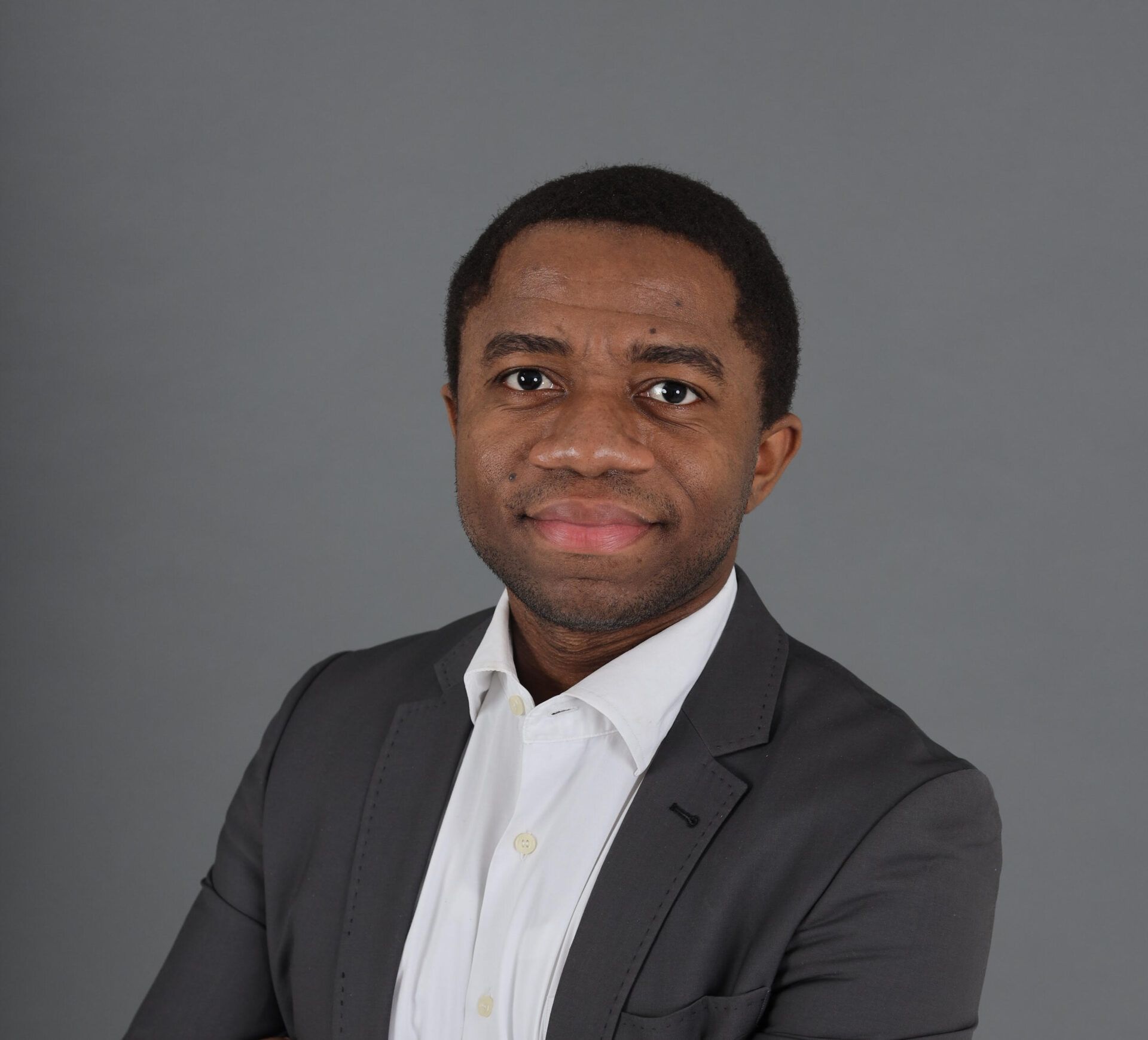
Kelechi Amakoh
Kelechi Amakoh is a Ph.D. student in the Department of Political Science at Michigan State University with a specialization in comparative politics and research methods. At MSU, Kelechi’s research focuses on comparative political behavior and the role of communication, social identifiers and networks.
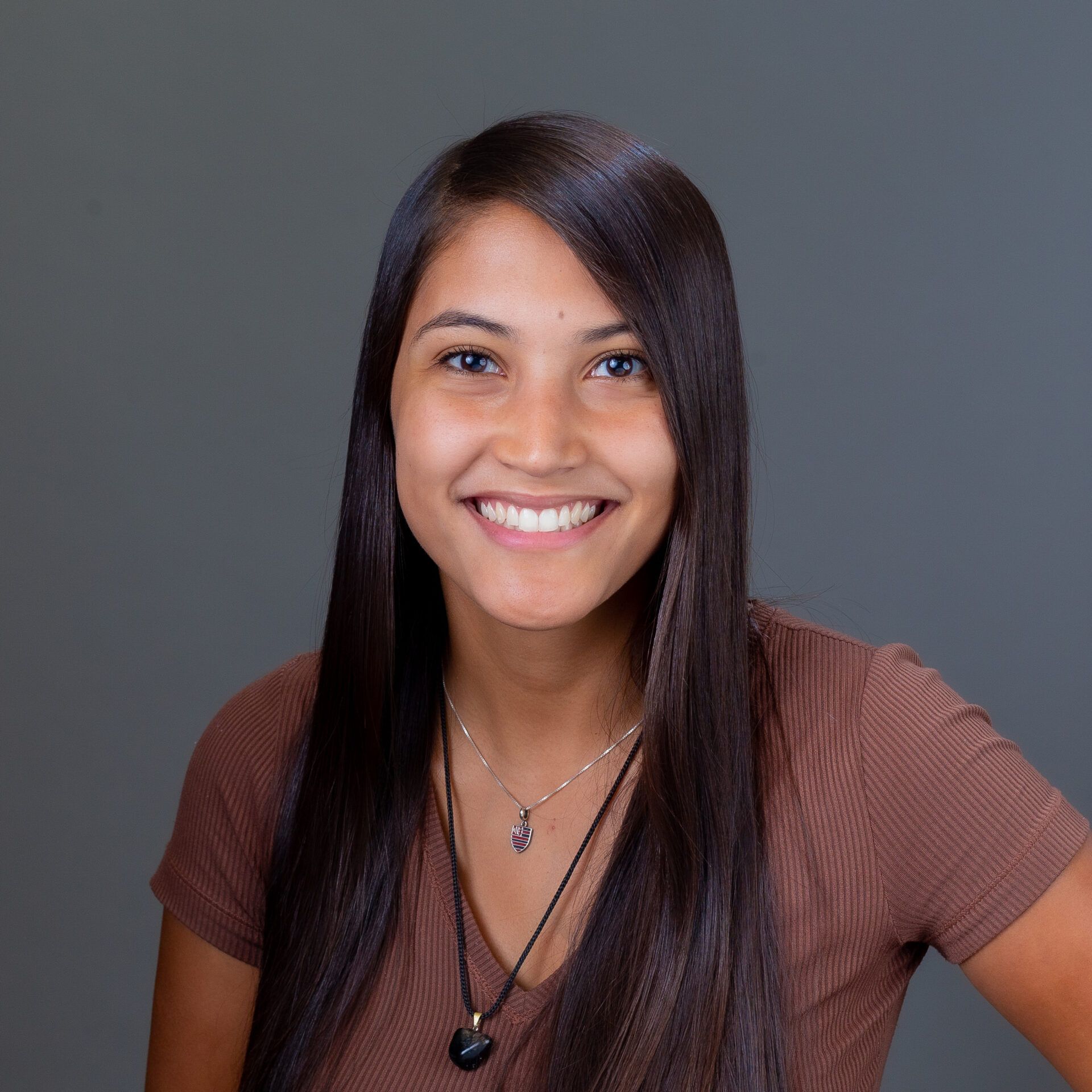
Flávia Batista
Flávia Batista is a Ph.D. student in the Department of Government and Politics at the University of Maryland, College Park. Her research focuses on comparative political behavior in Latin America, particularly on polarization, misinformation, and democratic backsliding. She is interested in applying computational and experimental methods to study individuals’ attitudes towards democracy and has recently extended her focus to the study of impeachment. At UMD, Flávia is a member of the Interdisciplinary Laboratory of Computational Social Science (iLCSS) and the Latin American and Caribbean Studies Center (LASC). She also earned an M.A. in Government and Politics at UMD as part of her Ph.D. program. Prior to her doctoral journey at UMD, Flávia earned an M.A. in Brazilian Studies from the University of Illinois at Urbana-Champaign (UIUC) and a B.A. in International Relations from the University of Brasília (UnB).
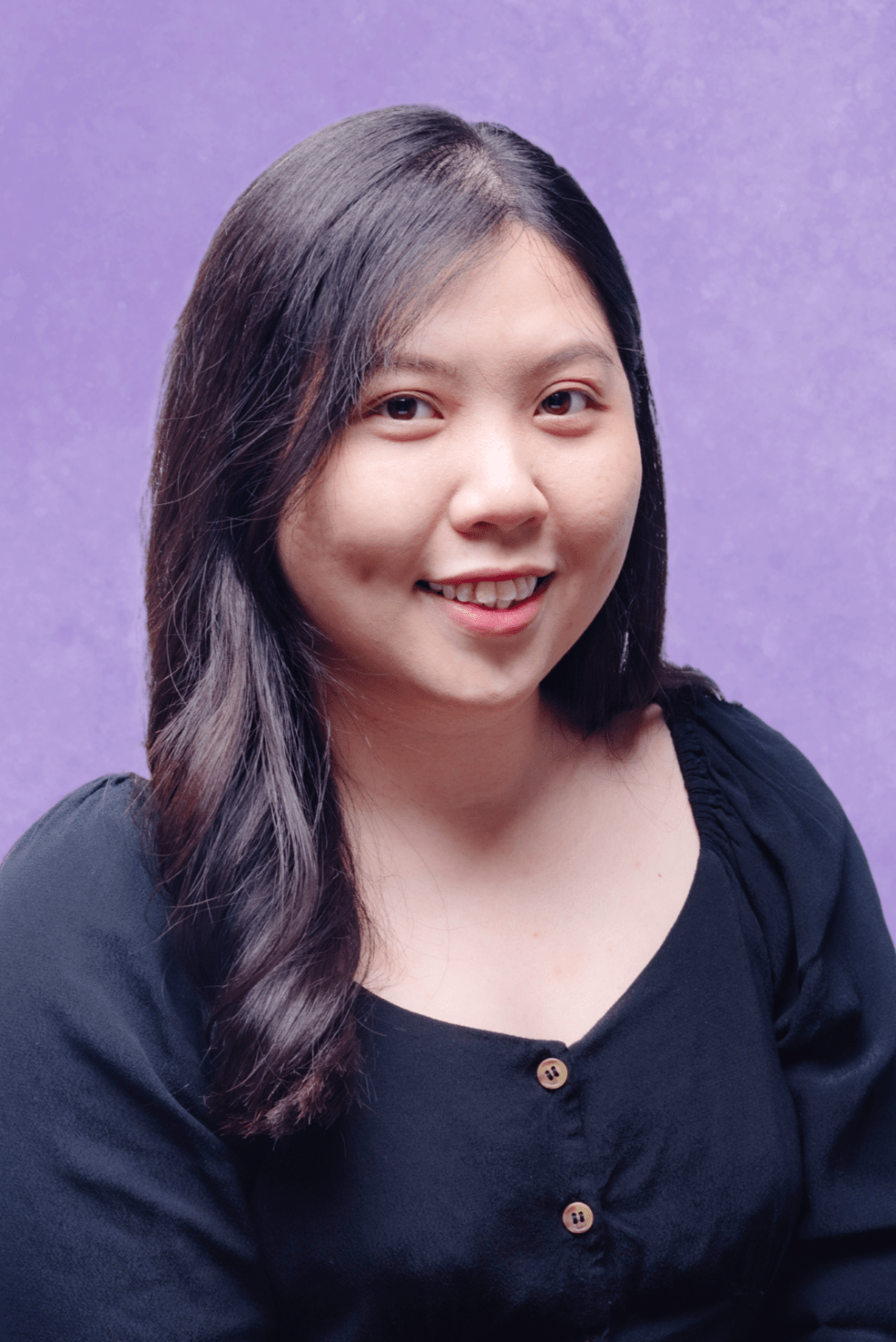
Uyen Diep
Uyen Diep is a Ph.D. student in the Manship School of Mass Communication at Louisiana State University pursuing a Doctor of Philosophy in Media & Public Affairs. With almost 10 years of experience as a Saigon-based reporter and foreign correspondent in Singapore, Malaysia, and the US, Uyen’s research agendas focus on Journalism, Media Literacy, and Social Media.
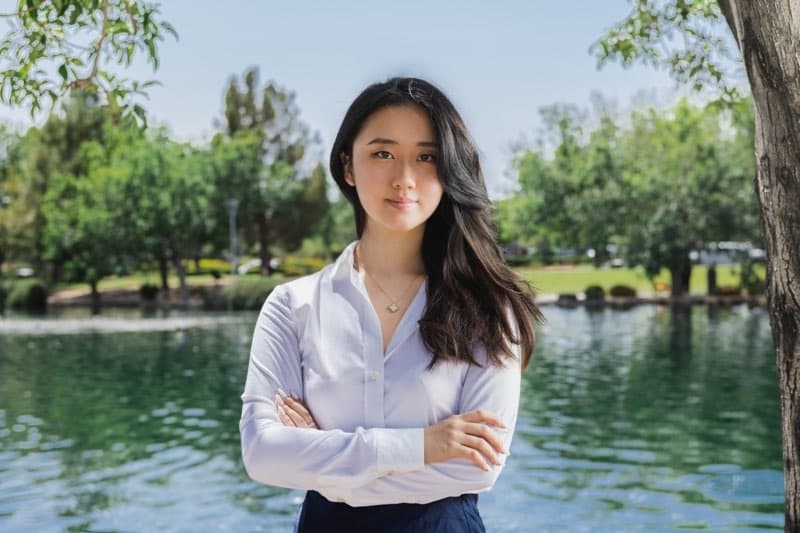
Dayeon Eom
Dayeon Eom is a Ph.D. student in the department of Life Sciences Communication at the University of Wisconsin-Madison. Her research interests involve public health and science communication, specifically regarding how to better communicate with marginalized communities. In addition, Dayeon has worked for various media publications including Investigate Midwest, The Nevada Independent and The Indianapolis Star.
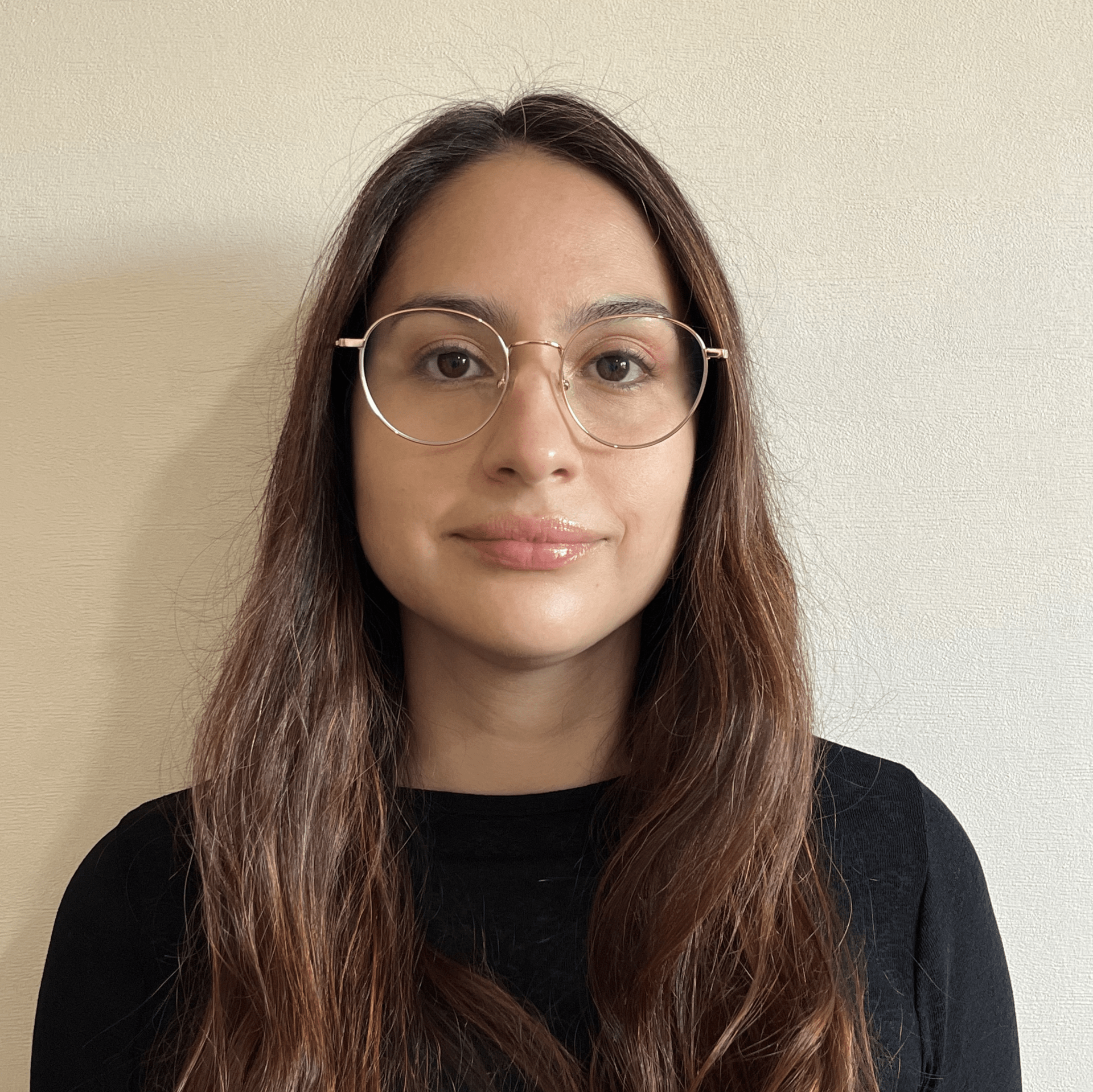
Catalina Farías
Catalina Farías is a Ph.D. student in Media, Technology, and Society at Northwestern University. Her research focuses on how marginalized and racialized communities access, use, and (re)appropriate technologies. Specifically, she is interested in understanding why these communities use media technologies and go online, exploring their perceptions of these technologies, examining the dynamics of their interactions with technology, and investigating their involvement (or lack thereof) in the online environment.

Matias Faure
Matias Faure is a Ph.D. student in the Department of Politics at New York University (NYU). At NYU, Matias’ research focuses on Media Effects, Outside Lobbying, & Political Methods.
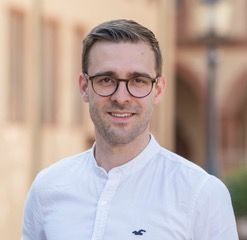
Andreas Kupfer
Andreas Kupfer is a Ph.D. candidate at the Institute for Political Science of the Technical University of Darmstadt, working at the intersection of Data Science and Political Science. His work is centered around analyzing multimodal political communication, encompassing various channels such as parliamentary speeches, political advertisements, and social media.
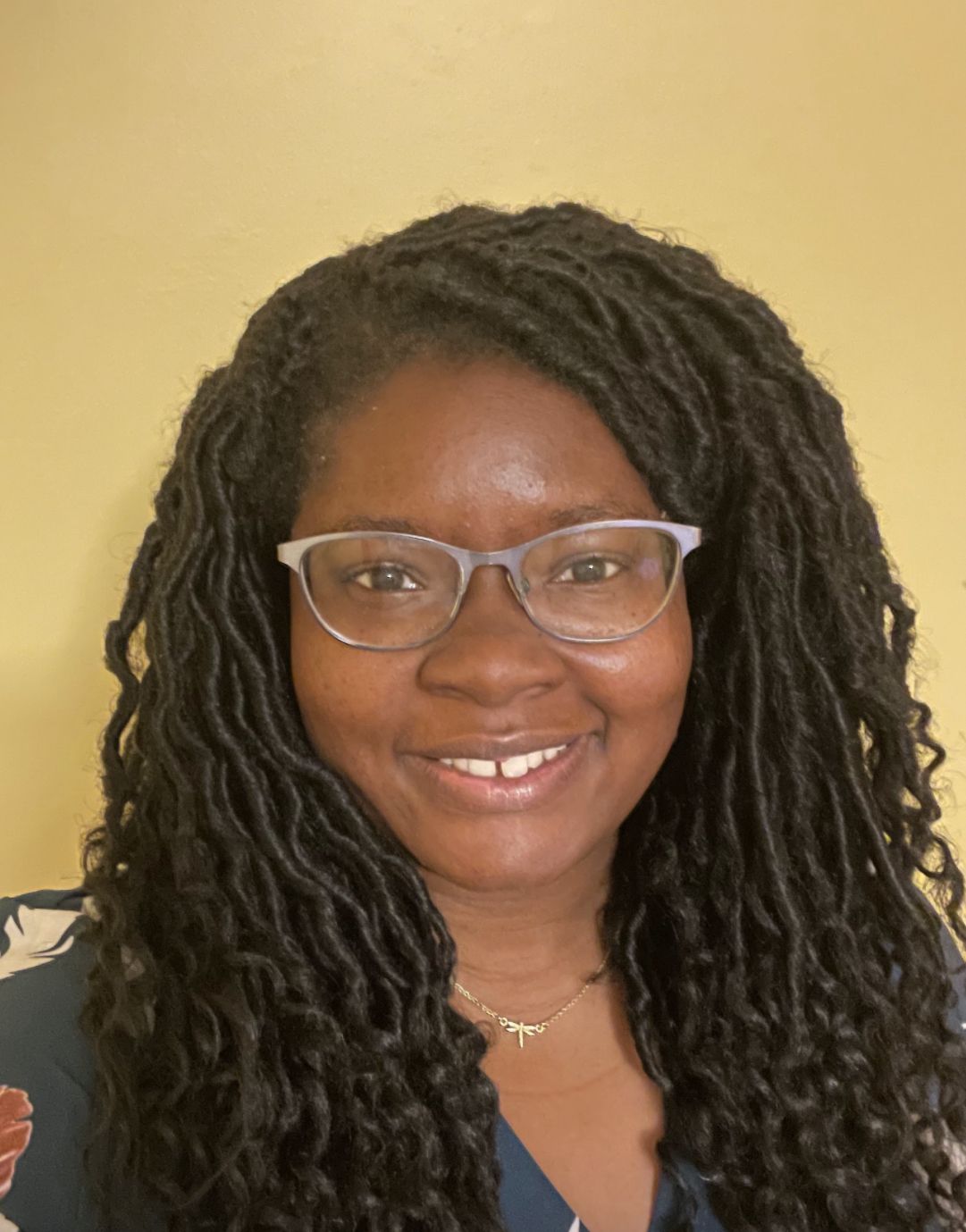
Alesha Lewis
Alesha Lewis is a Political Science Ph.D. student from the University of Illinois student studying American Politics, Political Psychology, Racial & Ethnic Politics. Using a combination of both quantitative and qualitative methods, her work focuses on the effects of Black racial trauma on political behavior for marginalized communities.
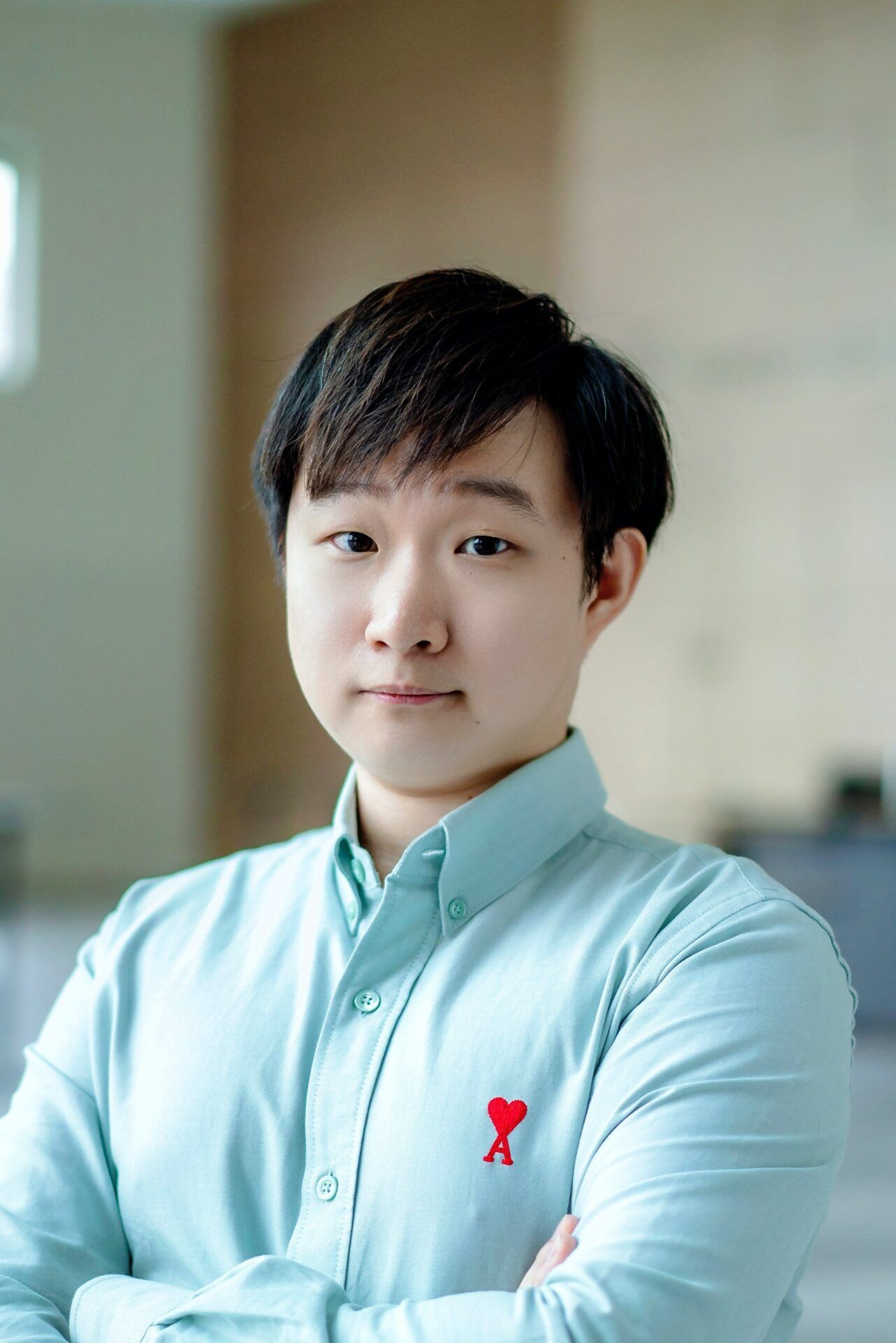
Mingyang Liu
Mingyang Liu is an Accounting Ph.D. candidate at the Frankfurt School of Finance and Management. He holds a Bachelor of Commerce and a Master of Marketing Communications from the University of Melbourne. His research centers on the political economy of accounting, exploring how the socio-political environment affects firms’ information dissemination.
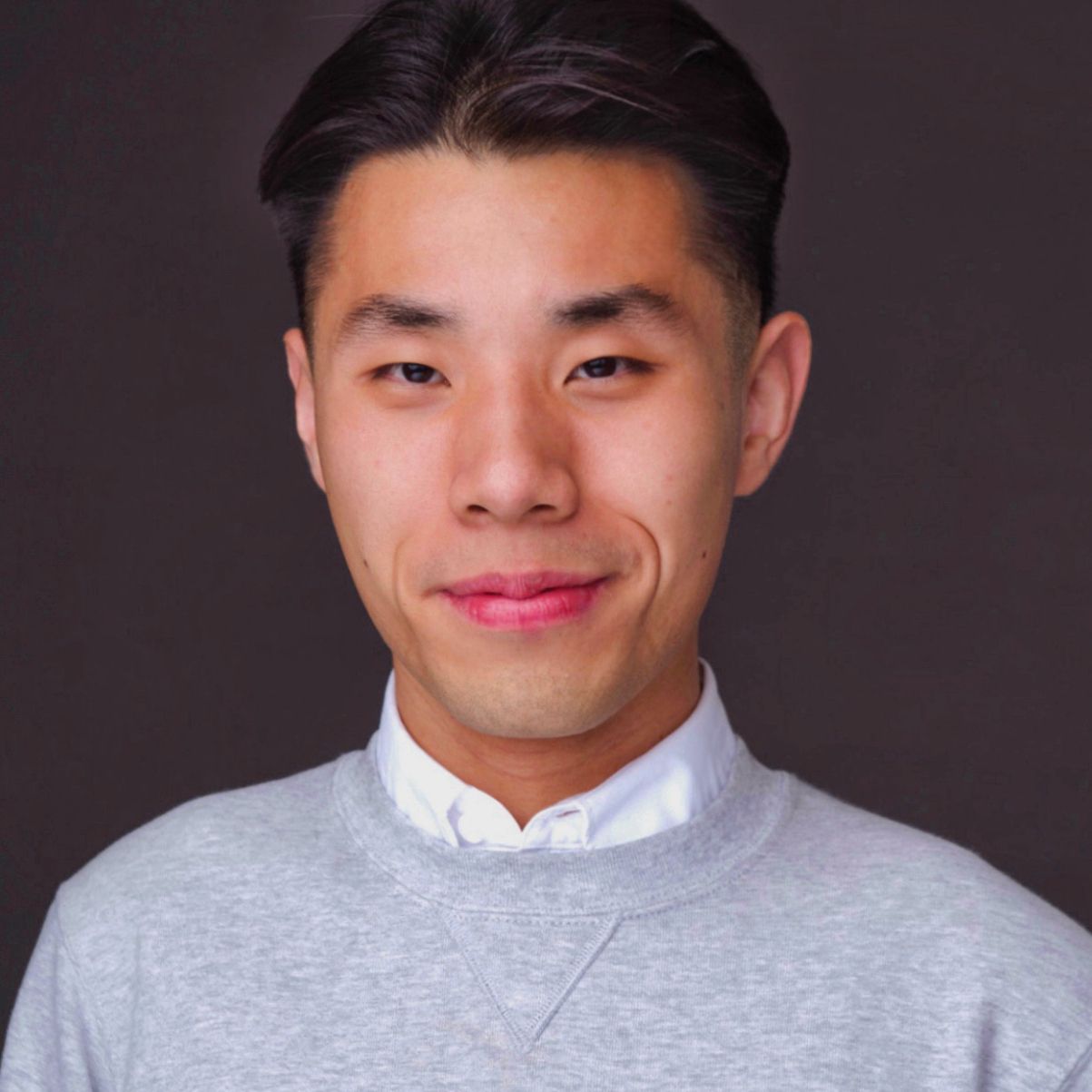
Dihan Shi
Dihan Shi is a Ph.D. student in the Department of Political Science at Washington University in St. Louis. Using spatial statistics, survey experiments, and computer vision, Dihan’s work focuses on comparative political economy and public opinion as well as causal inference problems in survey experimentation. Prior to joining Washington University, he was a Research Data Analyst at Johns Hopkins Medical Institutions (2023). Dihan’s research on individual corruption perceptions and public support for free trade is forthcoming in International Studies Quarterly.
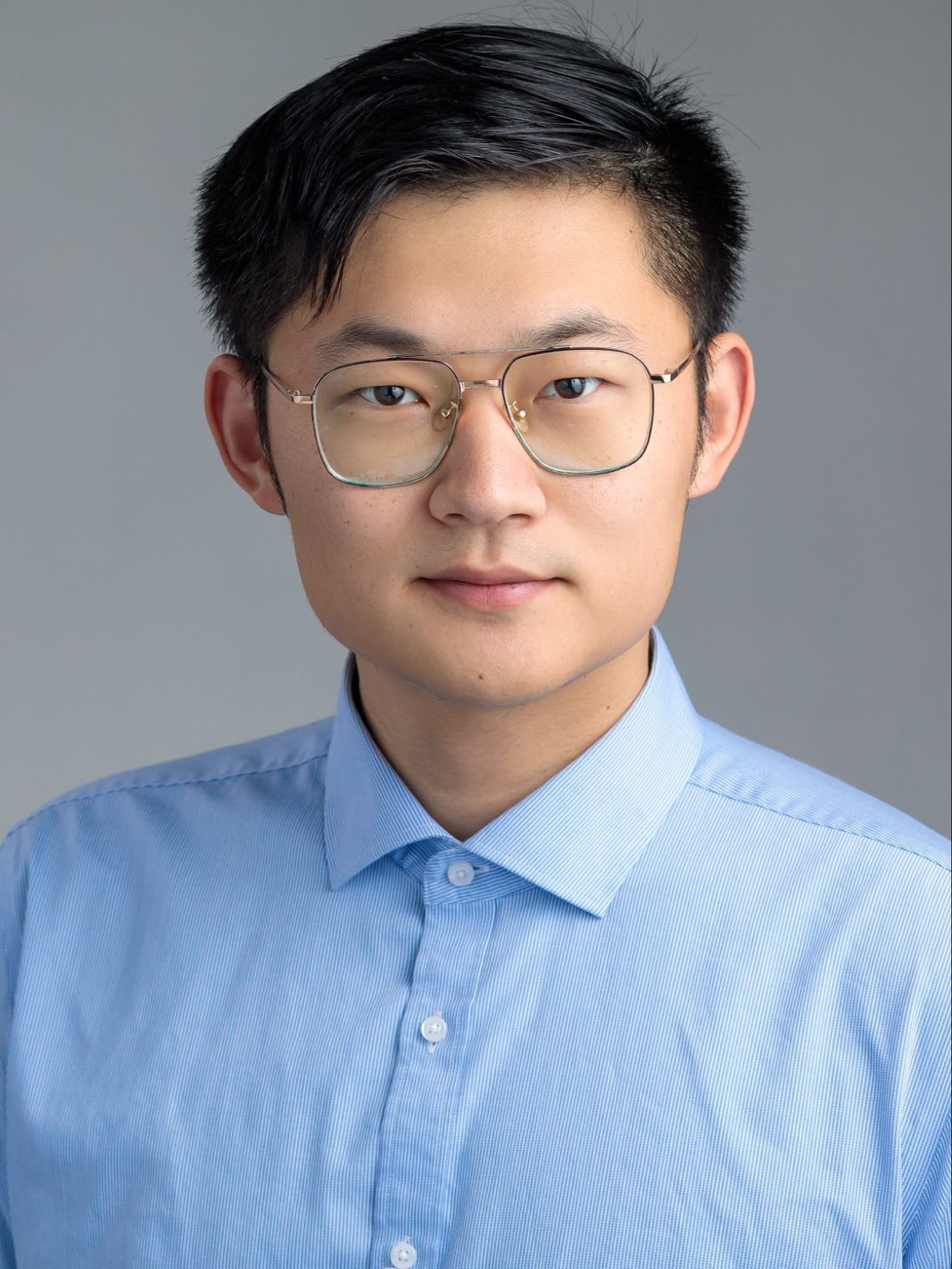
Haoyu Shi
Haoyu Shi is a senior data analyst at NORC’s Social Data Collaboratory, utilizing machine learning methods to derive evidence-based insights from social media. Haoyu’s research is focused on implementing video research methods on YouTube and TikTok.
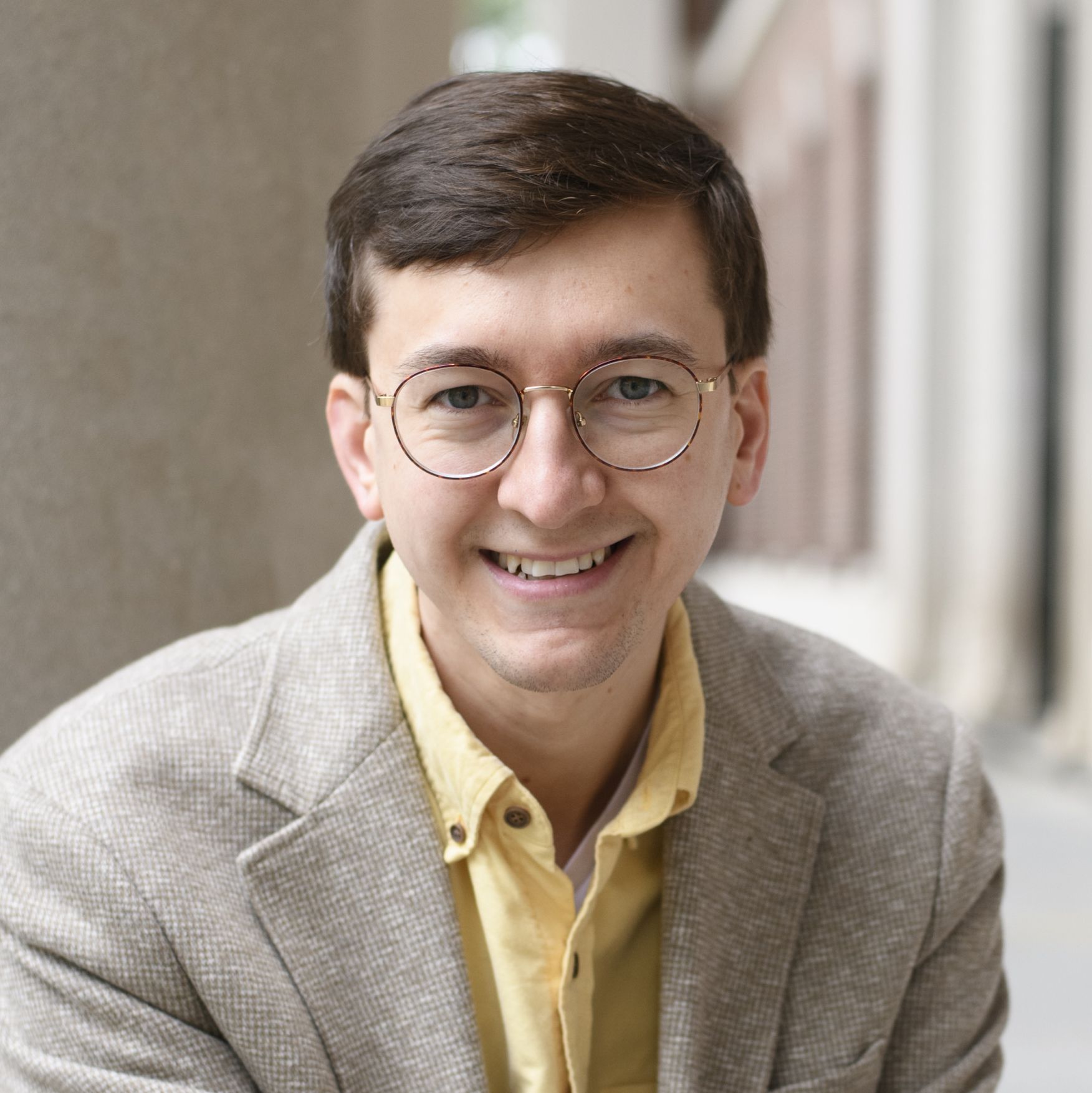
Tyler Simko
Tyler Simko is a Ph.D. Candidate in the Department of Government at Harvard University, and a founding member of the Algorithm-Assisted Redistricting Methodology (ALARM) Project. Tyler’s research focuses on measuring and improving equity in American state & local policymaking. Along with Soubhik Barari, he is the co-creator of LocalView — the largest existing database of local government meetings in the United States. Tyler regularly partners with federal, state, & local policymakers to improve program design & reduce administrative burdens. Tyler will spend 2024-2025 as a Postdoctoral Fellow at Princeton University, before starting as an Assistant Professor of Political Science at the University of Michigan.
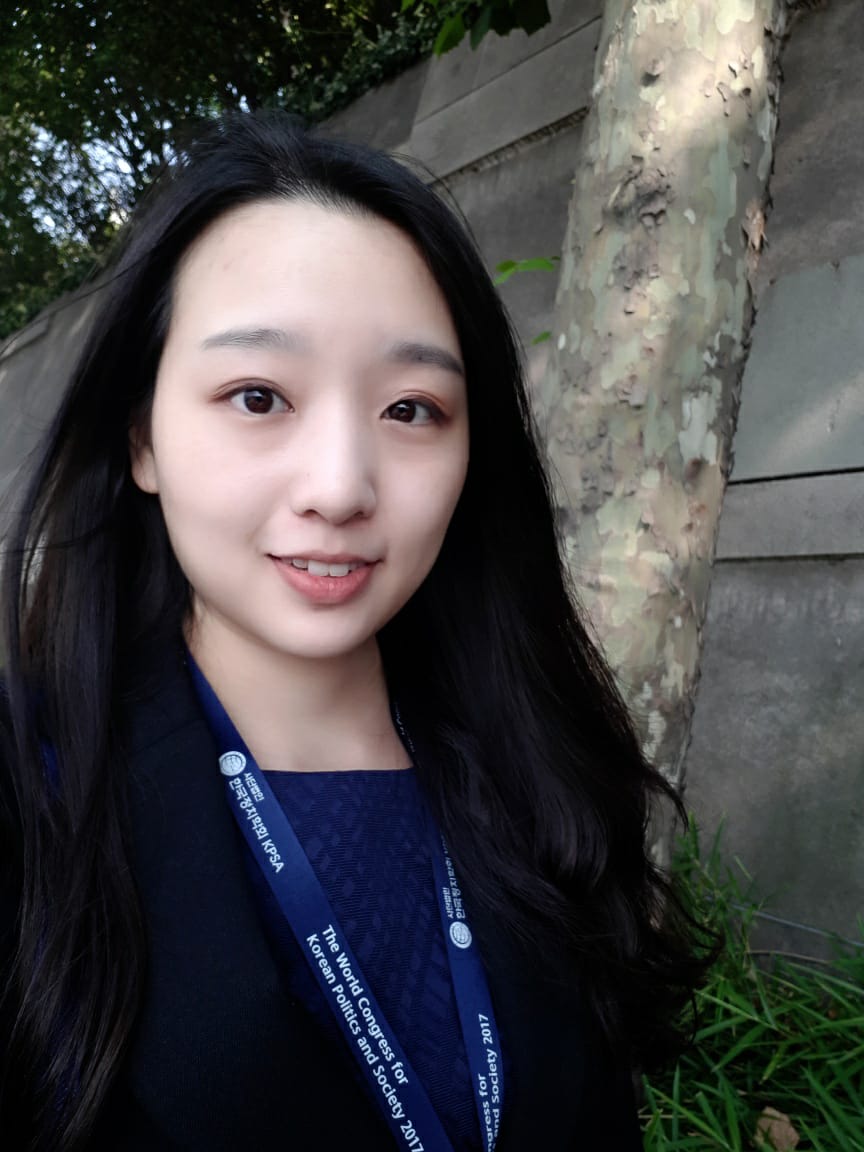
Shu-An Tsai
Shu-An Tsai is Ph.D. candidate in the Department of Political Science at SUNY at Buffalo. Earning several publications, Shu-An’s research focuses on Ethnic Politics, Voting Behavior, Political Participation.
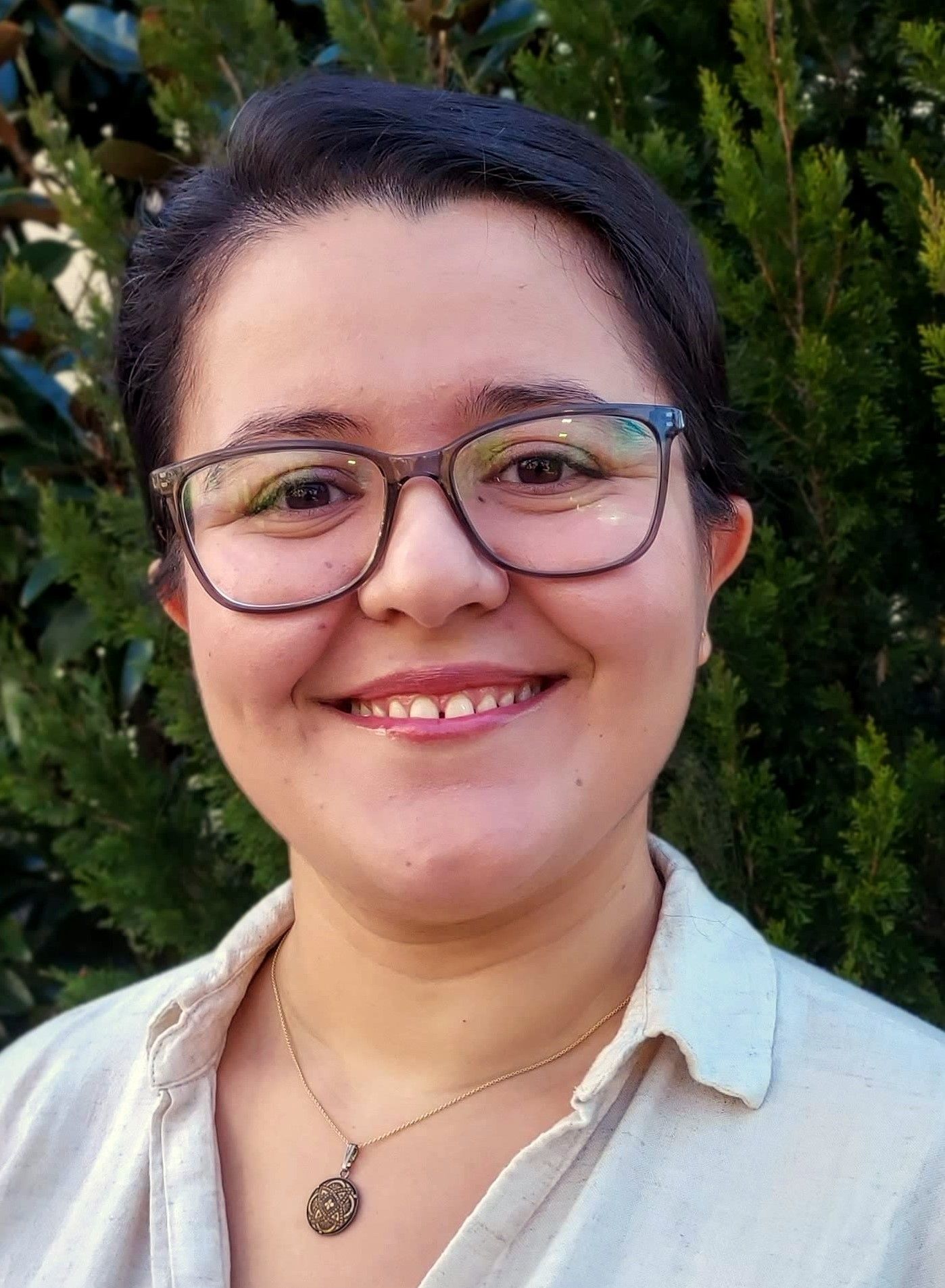
Ozlem Tuncel
Ozlem Tuncel (Ph.D.) is a Lecturer and Research Data Services Specialist at the RDS Department at Georgia State University. At GSU, Ozlem’s current research focuses on political parties, opposition cooperation and coordination, & authoritarian regimes. Her research has been published in several journals including the Party Politics, Journal of Peace Research, and Journal of Civil Society.
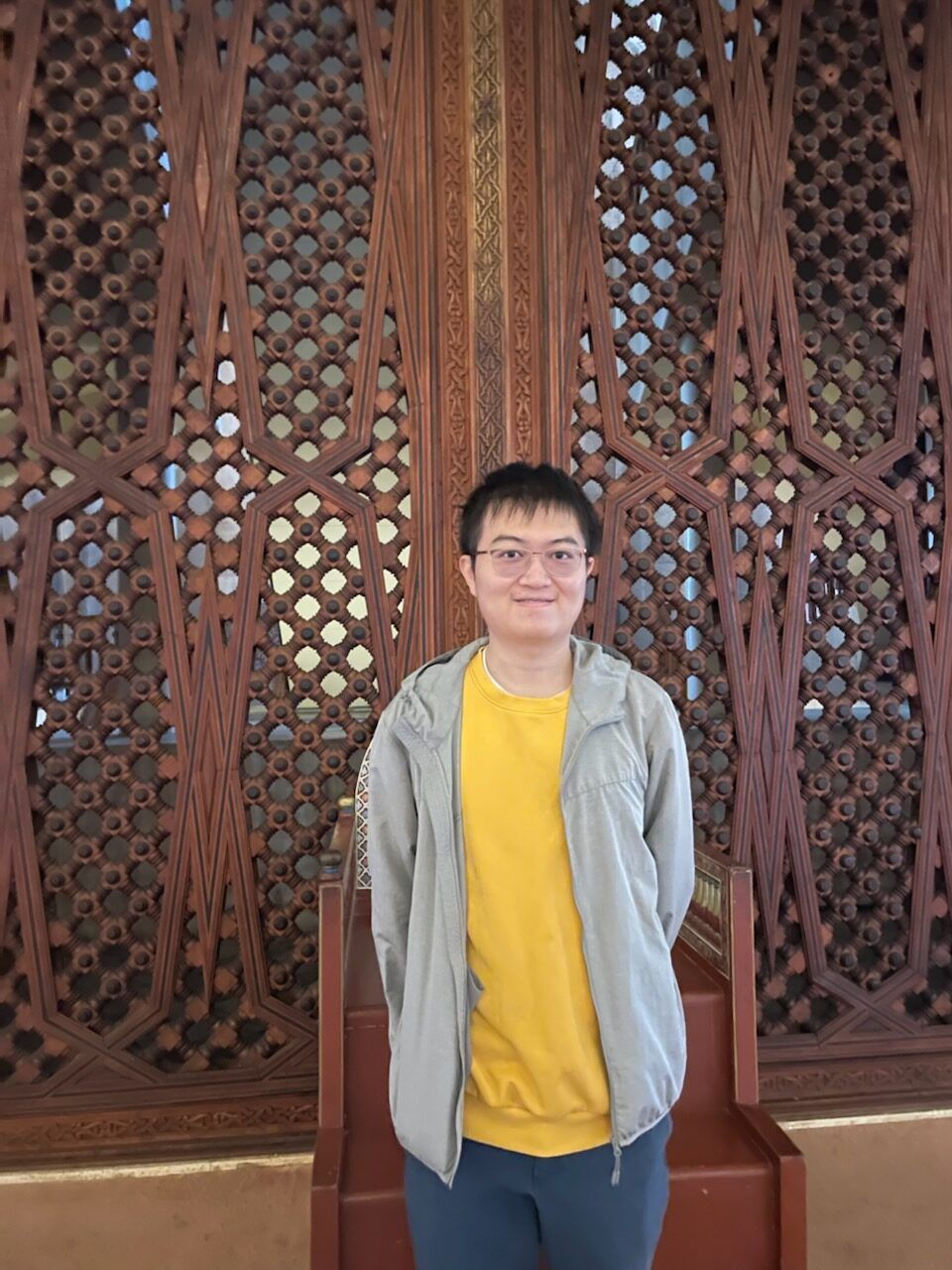
Yiqiang Wang
Yiqiang Wang is a Ph.D. candidate in the Department of Politics & Public Administration at the University of Hong Kong. Yiqiang’s academic work focuses on Comparative Politics, Political Communication, & Political Methodology.

Tianhong Yin
Tianhong Yin is a Ph.D. student in the Department of Political Science at the University of Illinois-Urbana Champaign. At the University of Illinois, Tianhong’s research focuses on International Relations & Political Communication.
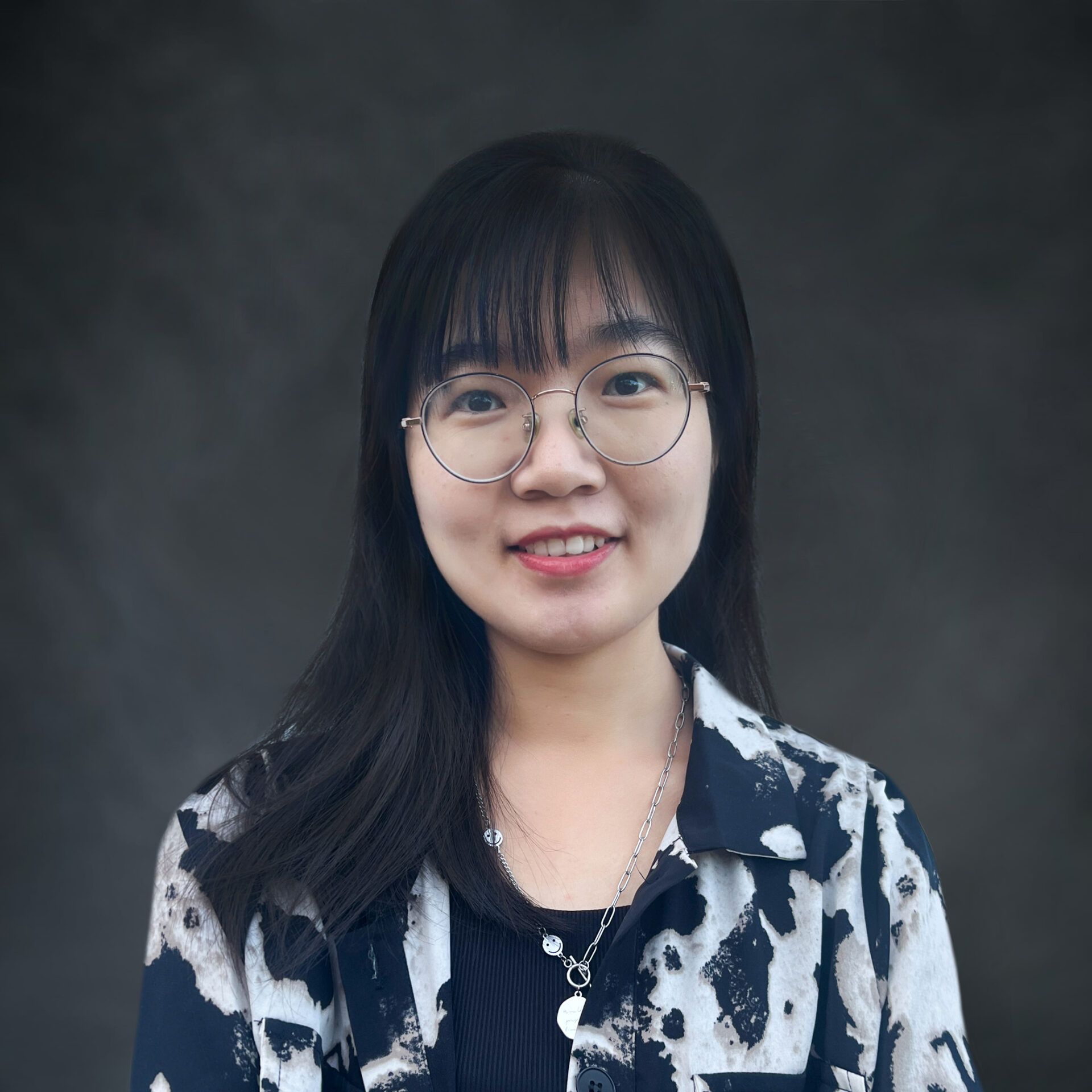
Jun Zhang
Jun Zhang is a Ph.D. student in the Social Science Program at Syracuse University. Jun has interdisciplinary interests and adopts diverse approaches, with her recent research focusing on the media image of nonprofit organizations and public figures’ speeches in authoritarian regimes.
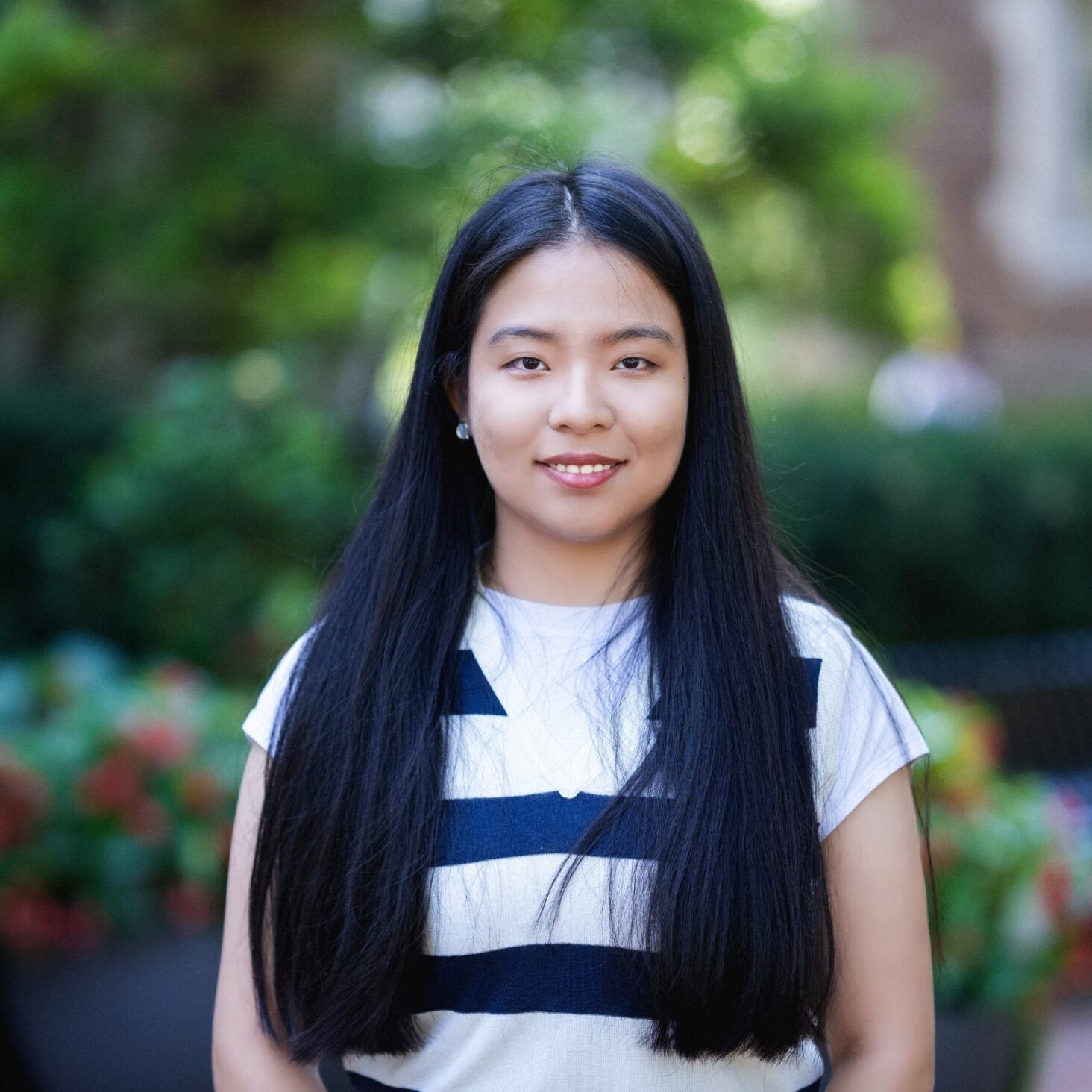
Tianlang Zhao
Tianlang Zhao is a Ph.D. student in the Department of Political Science at Washington University in St. Louis. Tianlang is currently interested in comparative politics and computational social science, focusing on investigating the how state changes women and how women make states from the perspective of political communication.
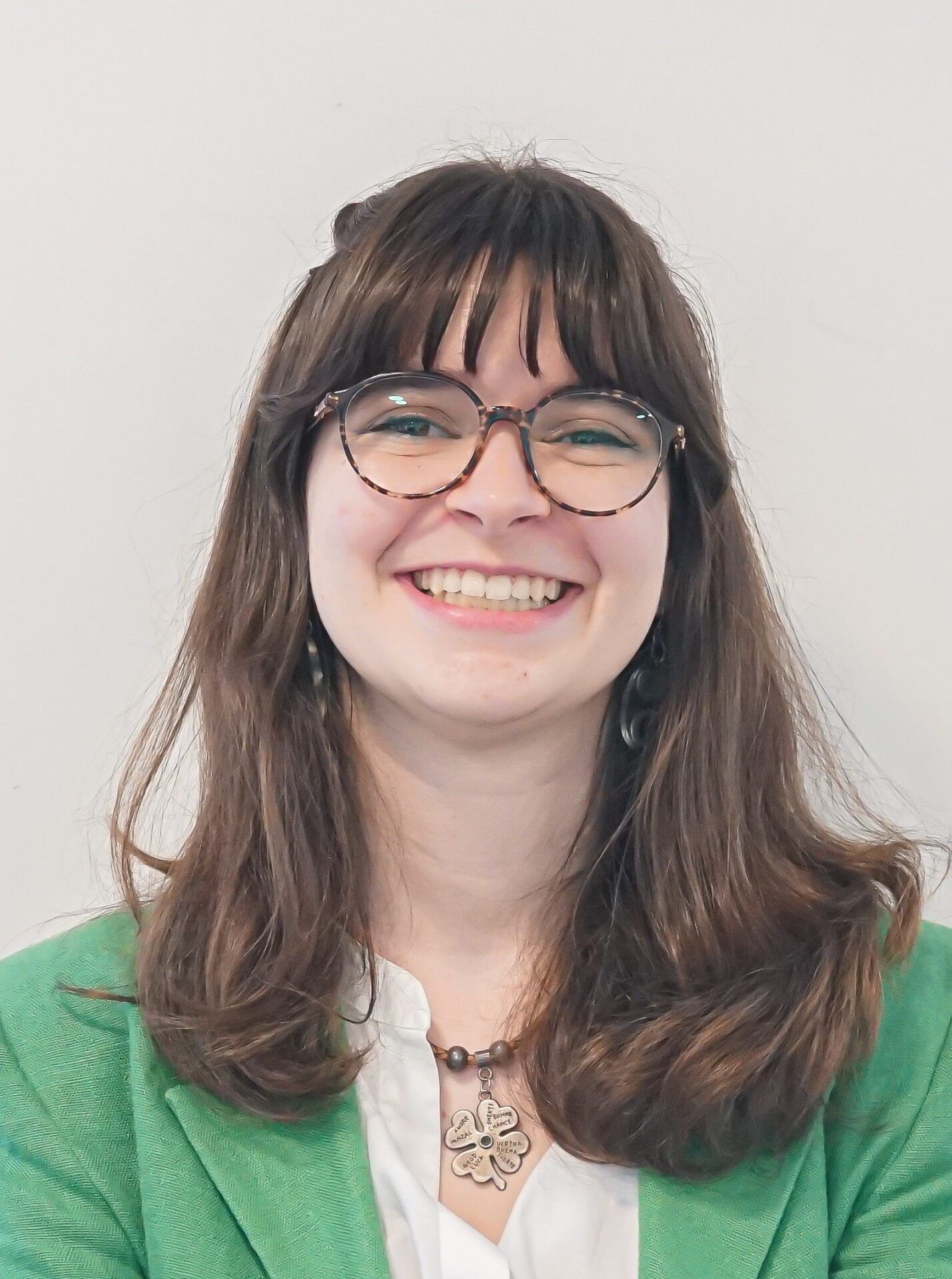
Mafalda Patacão Zúquete
Mafalda Patacão Zúquete is a Ph.D candidate at the School of Politics and International Relations at University College Dublin. Mafalda is a Data Scientist with an interest in Social Sciences, Political Science in particular. Her background includes a BSc in Applied Mathematics and an MSc in Data Science and Advanced Analytics, and she has experience in research, teaching, and industry work.
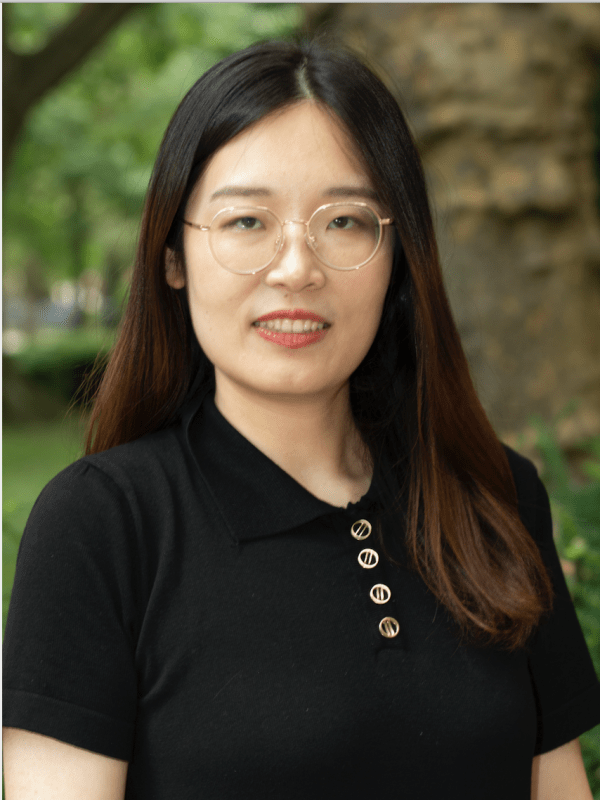
Jing Luo
Jing Luo is a Ph.D. student in the Department of Political Science at The Ohio State University. Her research uses text analysis, network analysis and machine learning methods to analyze speeches, transcripts and other media data. Her projects span the substantive fields of international security, political economy, and special interests politics.

